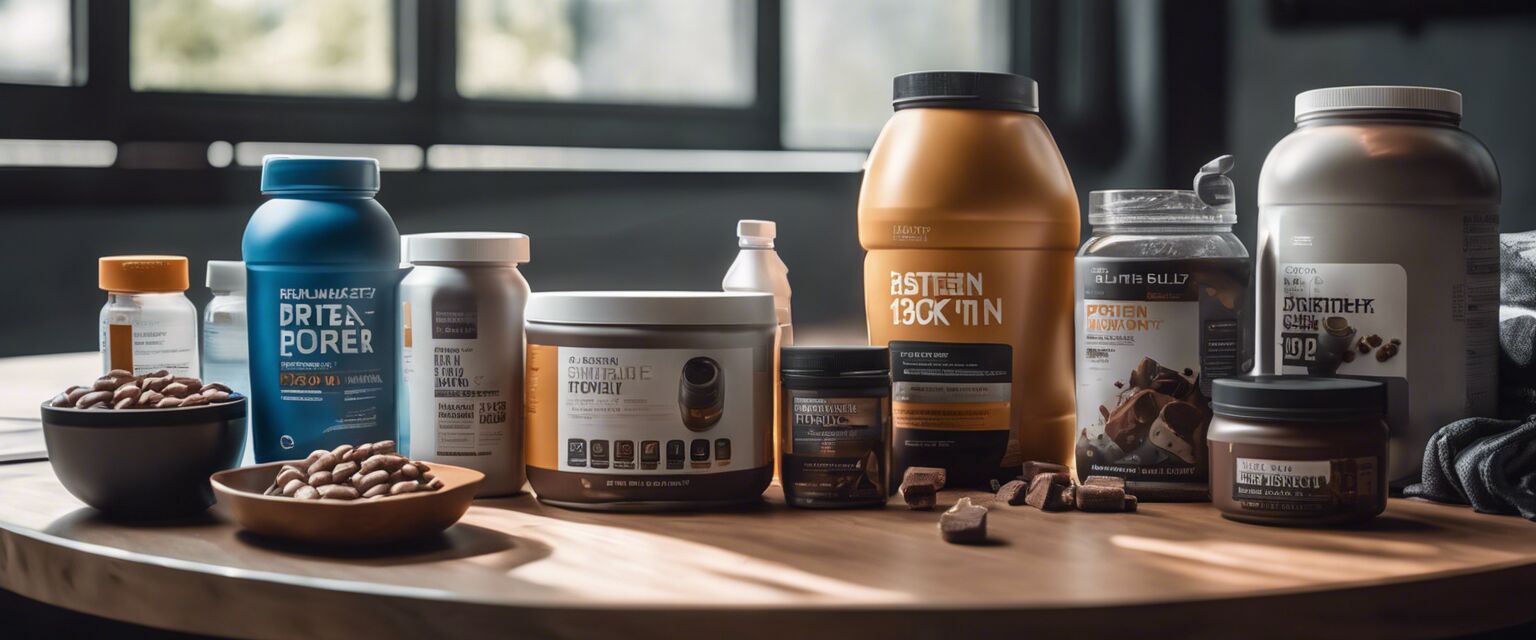
Hormonal Balance and Sports Performance
Key Takeaways
- Hormonal balance is crucial for optimal sports performance in women.
- Nutrition plays a vital role in maintaining hormonal balance.
- Suitable supplements can support hormonal health.
- Understanding your cycle can help in planning training and recovery.
Hormonal balance significantly influences sports performance, especially for women who often experience fluctuating hormone levels. By understanding how these hormones impact their energy, strength, and overall athletic ability, female athletes can enhance their training and performance. This article explores hormonal balance and offers nutrition strategies and supplements that can aid in maintaining it.
Understanding Hormonal Balance
Hormones act like messengers in the body, regulating various functions, including metabolism, energy levels, and mood. For women, hormones such as estrogen, progesterone, and testosterone are especially pertinent. Balancing these hormones can lead to enhanced performance, better recovery, and improved overall well-being in athletic pursuits.
The Impact of Hormones on Performance
Each hormone plays a specific role in athletic performance:
| Hormone | Role in Performance |
|---|---|
| Estrogen | Enhances endurance and stimulates muscle recovery. |
| Progesterone | Can influence energy levels and mood; important for metabolic processes. |
| Testosterone | Increases strength and muscle mass; important for recovery. |
Nutrition Strategies for Hormonal Balance
A balanced diet is fundamental to maintaining hormonal health, keeping energy levels stable, and enhancing performance. Here are some nutrition strategies that may help:
1. Include healthy fats
Healthy fats, such as avocados, nuts, and olive oil, can support hormone production. Focus on integrating these into your daily meals.
2. Prioritize complex carbohydrates
Complex carbs provide sustained energy, essential for intense training and recovery. Incorporate whole grains, legumes, and vegetables.
3. Focus on protein intake
Adequate protein is vital for muscle repair and growth. Aim to include lean protein sources like chicken, tofu, or legumes in each meal.
4. Stay Hydrated
Proper hydration impacts performance and recovery. Including electrolytes in your hydration routine can be beneficial, especially during workouts. Visit our Hydration & Electrolytes section for tips on how to stay hydrated effectively.
Supplements to Support Hormonal Balance
While food should be your primary source of nutrients, certain supplements can offer additional support:
- Magnesium: Supports energy production and can help with relaxation post-workout.
- Vitamin D: Important for immune health and may contribute to hormonal balance.
- Omega-3 Fatty Acids: Known for their anti-inflammatory properties; can assist in recovery.

Monitoring Your Cycle
Your menstrual cycle can influence your performance. Understanding your cycle can help in planning workouts:
| Phase | Optimal Training/Recovery Strategies |
|---|---|
| Follicular Phase | Increase training intensity; focus on skill development. |
| Ovulation | Peak energy; challenge yourself with high-intensity workouts. |
| Luteal Phase | Consider lighter workouts; focus on recovery methods. |
Key Lifestyle Factors
A few lifestyle changes can dramatically assist in achieving hormonal balance:
- Ensure adequate sleep for recovery.
- Manage stress levels through techniques like yoga or meditation.
- Engage in regular physical activity tailored to your needs and capabilities.
Exploring Weight Management
Effective weight management can greatly influence hormonal health. Making informed choices in this area can aid in your overall performance. Learn more in our dedicated Weight Management section for tips and products.
Tips for Beginners
- Start by tracking your cycle and how your body responds during various phases.
- Experiment with dietary changes gradually to see what works best for you.
- Consult with a nutritionist for personalized advice tailored to your lifestyle.

Pros
- Improved energy and stamina for workouts.
- Enhanced recovery processes.
- Balanced mood throughout the menstrual cycle.
- Better adaptability to changing workout intensities.
Cons
- Requires dedication and understanding of personal health.
- Some supplements may not be suitable for everyone.
- Dietary changes can take time to show effects.
Conclusion
Maintaining hormonal balance is essential for female athletes aiming to enhance their performance. By adopting appropriate nutrition strategies, considering supportive supplements, and being mindful of your physiological cycles, you can achieve your sporting goals efficiently. Consistently monitor your body's responses, and adjust as necessary to find what works best for you. Embrace the journey of understanding your body and optimizing your performance!







